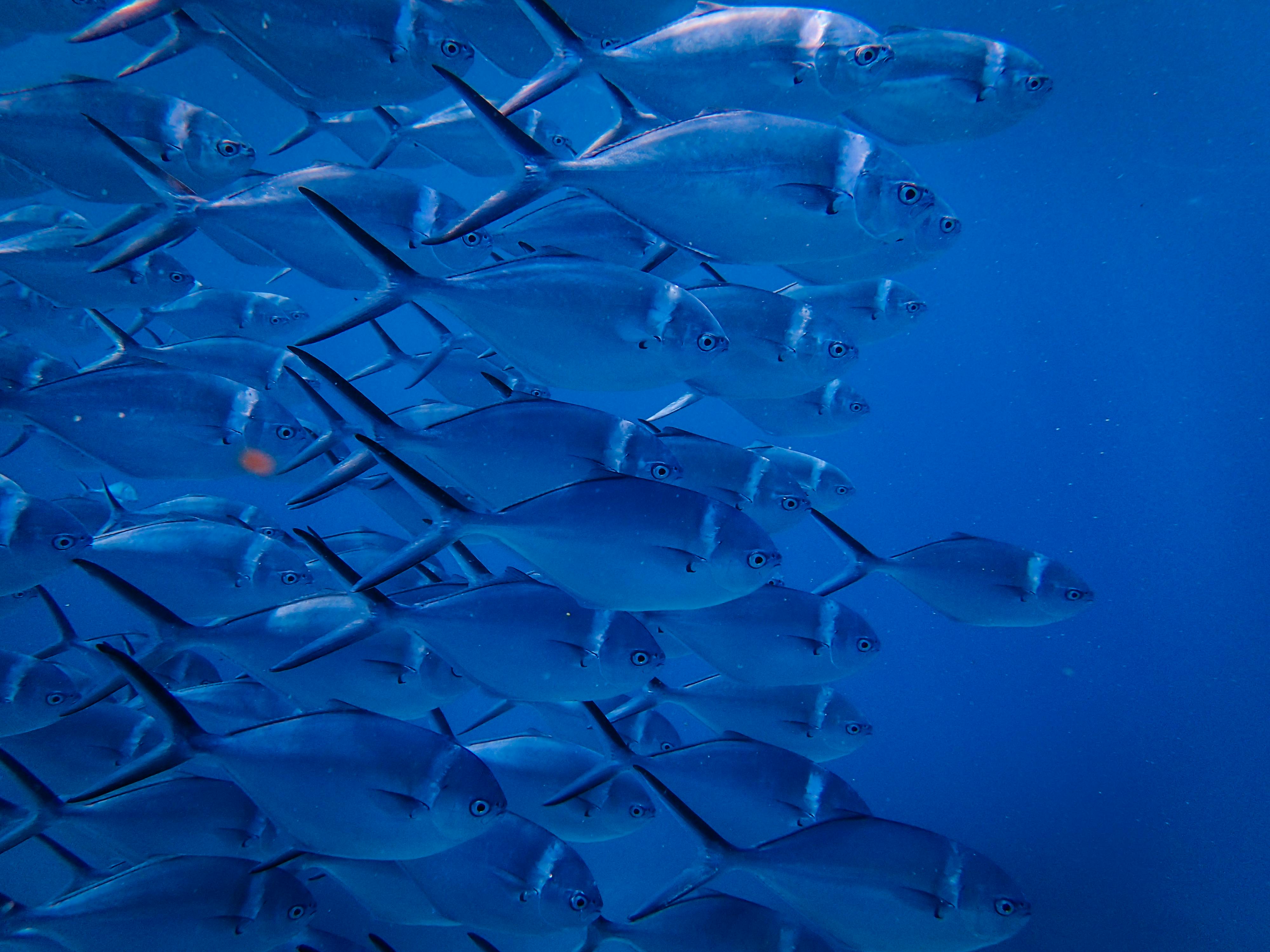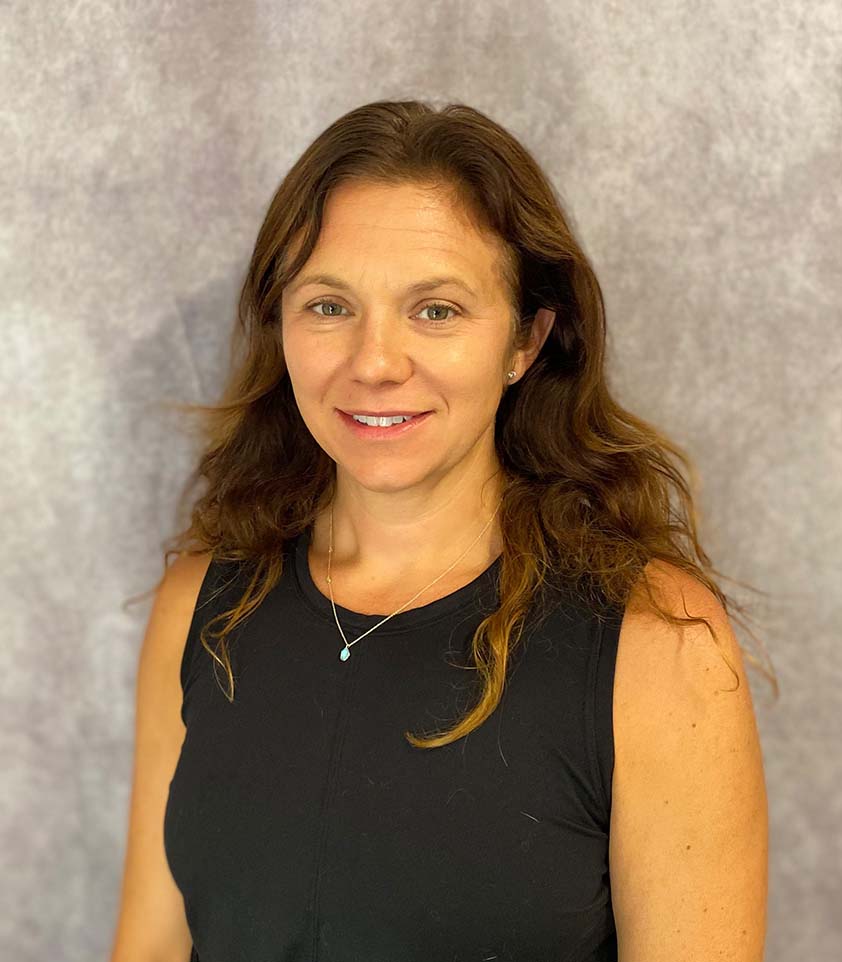Supporting well-being during the election cycle: What can we learn from a school of fish?

By Leah Persky, Phd & CFLE • Parent Coach and Manager of Professional and Community Education
With the presidential election just around the corner and the significant political upheaval we are experiencing, it feels that politics is with us at every turn. It finds its way into all corners of life, whether we like it or not. The prominence of politics can be disconcerting and many of us are experiencing a unique kind of anxiety about what the future will hold and how to navigate the 24-hour news cycle. This political anxiety is called election stress disorder. I wrote an article earlier this year about election stress disorder – you can check the article out here.
Election stress disorder is not isolated to individuals or adults; it is making its impact known on families, children and communities. I see this first-hand in my own family and community and hear from many clients and co-workers that they are also impacted in negative ways. Not only are many concerned about our democracy, and global events; I also hear about all kinds of relationships that are fractured due to political pressure and disagreement. This political fracturing can create distress, fatigue and confusion. As we get closer to the presidential election, the intensity of these emotions will likely increase. Many of us don’t know how to recognize or manage this specific type of anxiety and the negative spillover effects it can have.

One way we can all protect ourselves through the uncertainty and turbulence of the presidential election cycle focuses on building strong support networks. Here is where the fish come in! I was recently listening to a news story about research that highlights why fish swim in schools. It is for protection from predators, and it is also for support, by reducing the amount of energy needed to swim and move to where they need to be. This concept, I learned, was called Turbulence Sheltering. Fish swimming in groups in rough water expend 79 percent less energy than those swimming alone (Zhang et al, 2024). This made me think we could all engage in some Turbulence Sheltering as we prepare ourselves for the election and navigating the news of the day. We can learn ways to protect ourselves and expend less mental energy in the midst of the uncertain world; just like the fish navigating their environment.
In order to protect ourselves effectively, we need to know ourselves and be thoughtful about what will make us feel the most supported, protected, and grounded. Feeling supported and connected is key to personal well-being. There is evidence of this when we look at studies on longevity. Social isolation and loneliness can shorten your lifespan, according to recent research out of Harvard. Approximately 50 percent of U.S. adults feel lonely. This does not surprise many social scientists, who have noted that social and community participation has been on the decline over several decades in the U.S. At minimum, community engagement is changing in fundamental ways (Weiss et al, 2019). While the Harvard research was conducted on older adults, I think it holds important clues for everyone: “(people) who were more lonely were about 40 percent more likely to die over the next four years, while those who were socially isolated were about 75 percent more likely to die.” (Hong et al. 2023)
What can we take away from the Turbulence Sheltering idea given this information? What can the school of fish teach us? We can find and/or create our supportive group, people who will be there for us, to discuss and debrief, to hold space, attend events, and share information and resources. This will allow us to feel part of a larger support group, less lonely, and isolated.
This supportive group will also allow us to spend less mental energy than if we tried to navigate and make sense of these situations alone. Ideally your school, or support network, is diverse and capable of providing support while not isolating you or narrowing your exposure to new ideas and people. A supportive network is dynamic, authentic, and can be formal or informal.
Importantly, our school of fish can help us to support and navigate this election season while not insulating us or allowing us to be closed off from the messy process that is American politics. We know our political system is not perfect – right now it feels especially uncertain and unstable, but our democracy offers us numerous political, social, economic, and health benefits.
We must engage with our democracy for it to work. Our school can help us be engaged with politics, resist apathy, support us in creating a healthy media diet, introduce new ideas, challenge our thinking, allow us to grow and learn, and let us know when we need a break or reset. This school can allow us to learn and engage with others who have differing views while still feeling safe and supported.
I hope that you can create your supportive school in the coming weeks and that this school can help to support you through the uncertain waters of the presidential election season. My wish is that your school supports you, challenges you, and allows you to feel more empowered in the months ahead.
In Professional and Community Education at JFCS, we are devoting a series of articles over the next several months to supporting well-being during this potentially challenging time. You can expect to see multiple articles devoted to this topic before and just after the election. Please reach out to me if you have any specific election-related topics you would like to see covered here, or if you’d like to share a story about your supportive school. I’d love to hear from you! lpersky@jfcsmn.org
Refererences
- Hong, J. H., Nakamura, J. S., Berkman, L. F., Chen, F. S., Shiba, K., Chen, Y., … & VanderWeele, T. J. (2023). Are loneliness and social isolation equal threats to health and well-being? An outcome-wide longitudinal approach. SSM-Population Health, 23, 101459.
- https://news.harvard.edu/gazette/story/2023/10/how-social-isolation-loneliness-can-shorten-your-life/
- Weiss, I., Paxton, P., Velasco, K., & Ressler, R. W. (2019). Revisiting declines in social capital: Evidence from a new measure. Social indicators research, 142, 1015-1029.
- https://www.smithsonianmag.com/smart-news/swimming-in-schools-may-help-fish-save-energy-in-turbulent-waters-180984833/).
- Zhang, Y., Ko, H., Calicchia, M. A., Ni, R., & Lauder, G. V. (2024). Collective movement of schooling fish reduces the costs of locomotion in turbulent conditions. PLoS biology, 22(6), e3002501.
